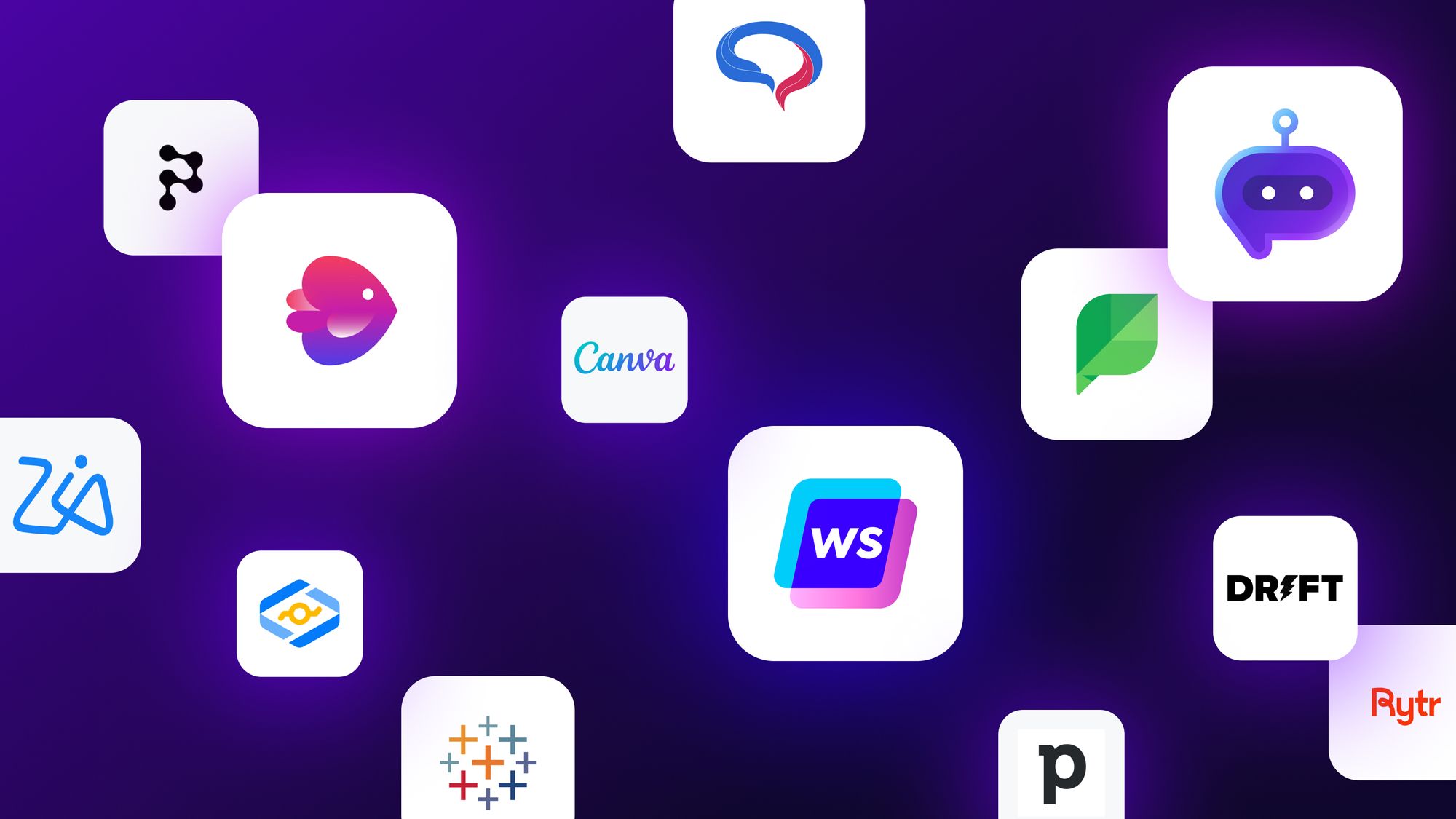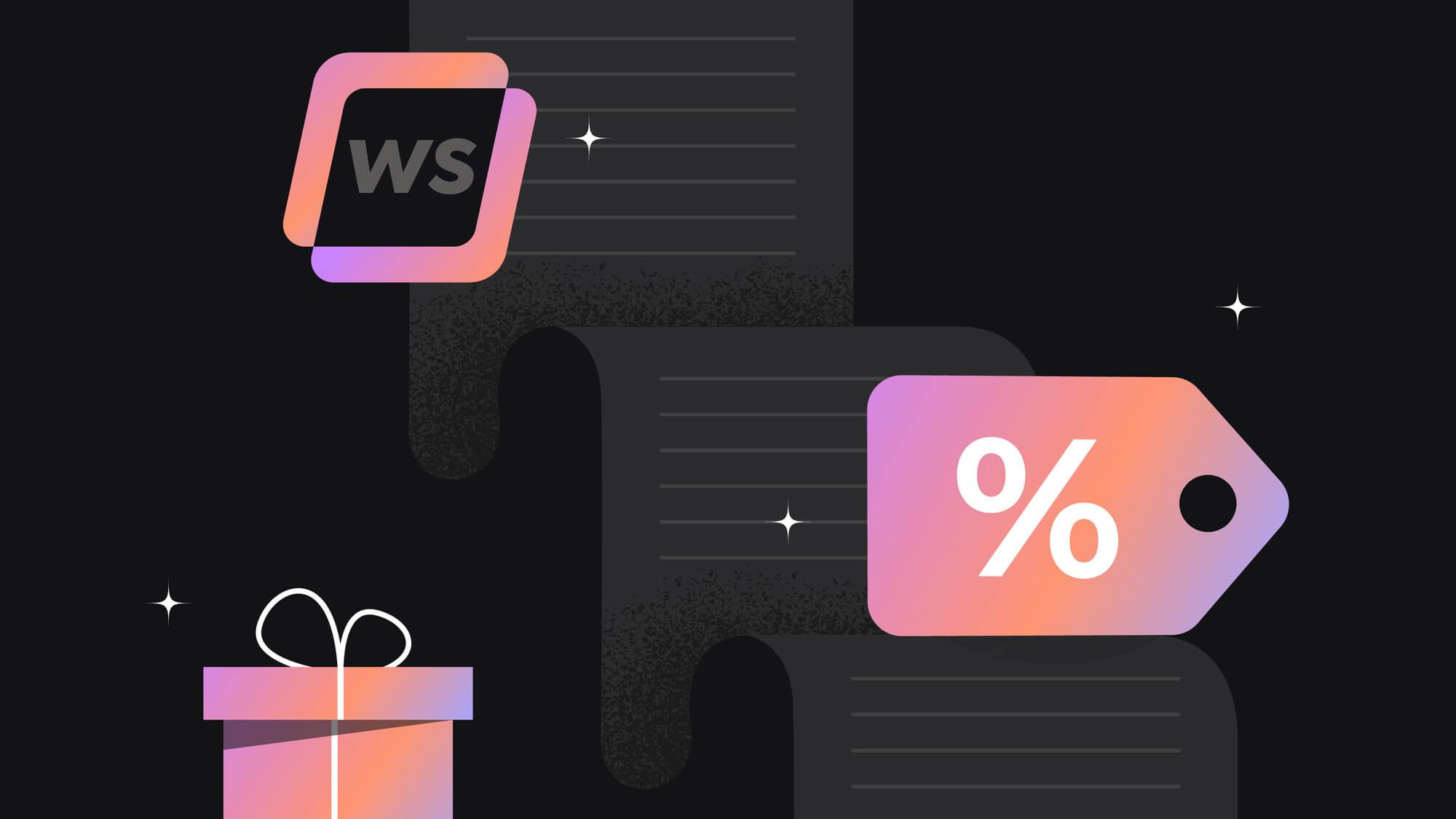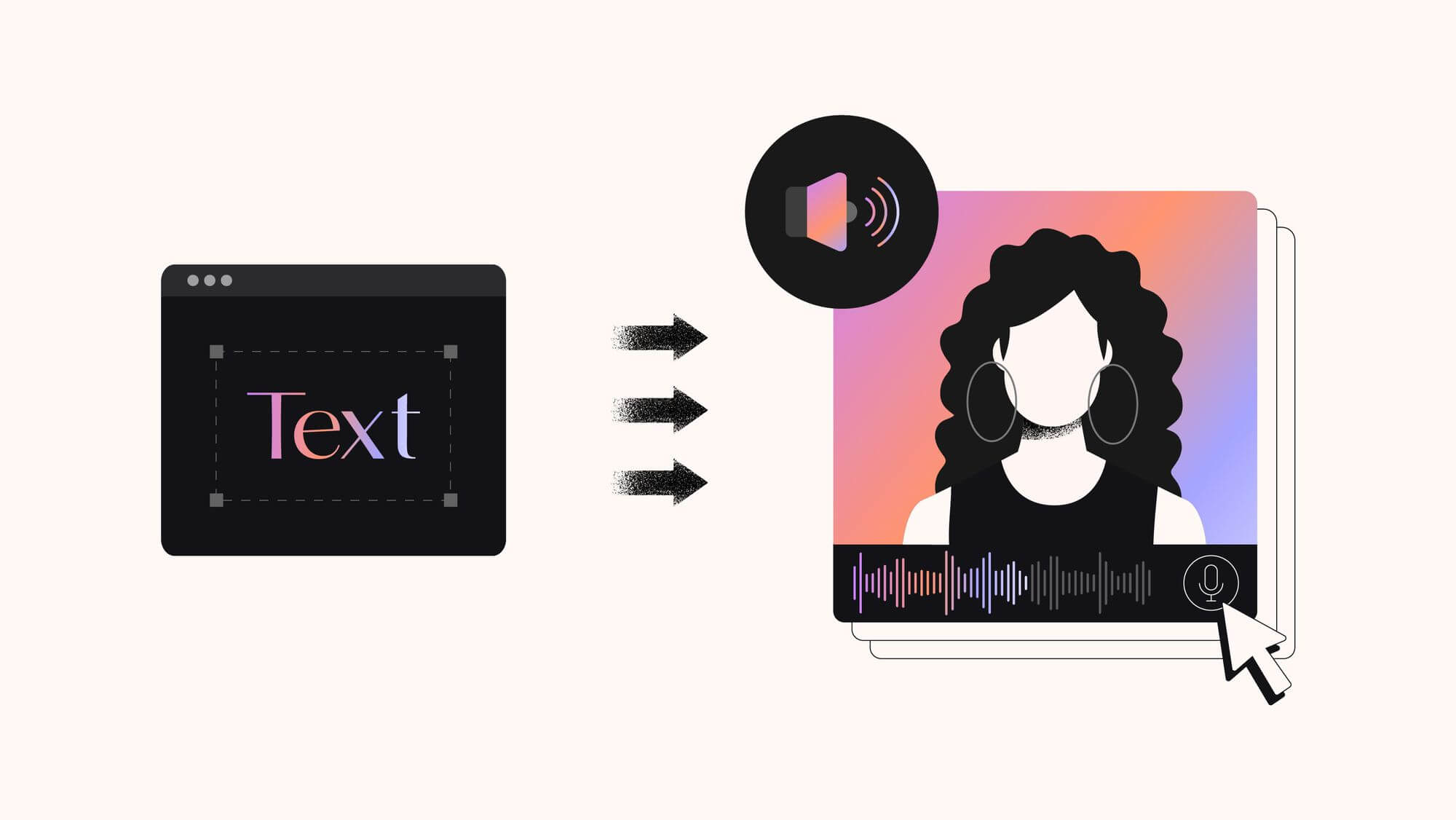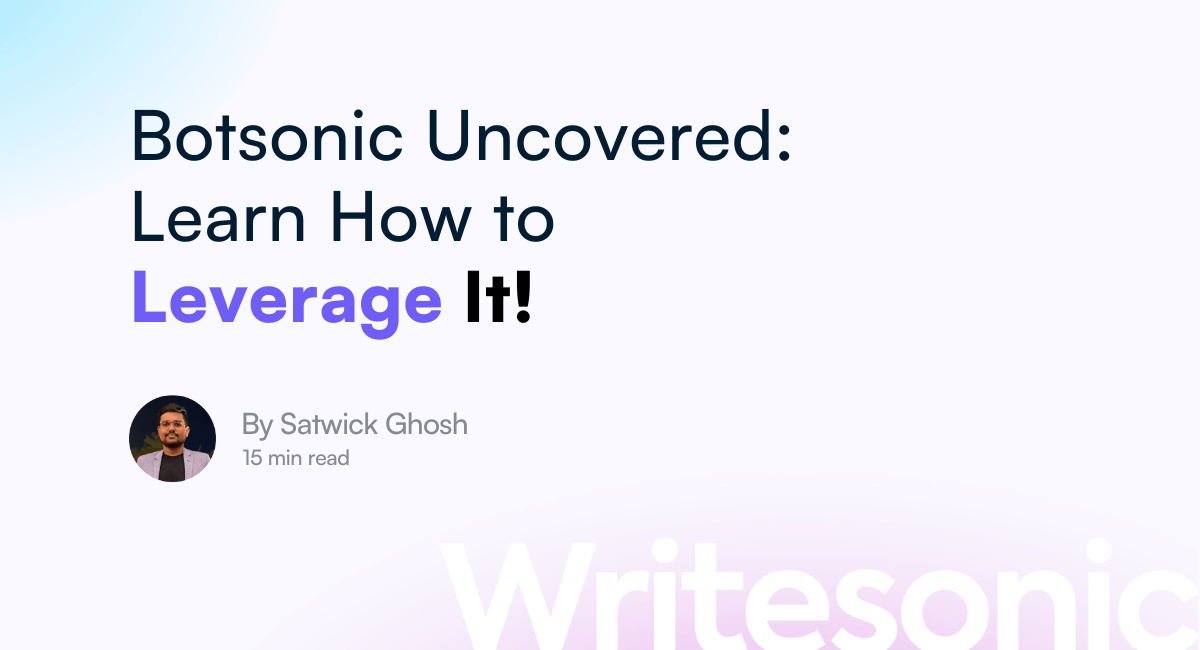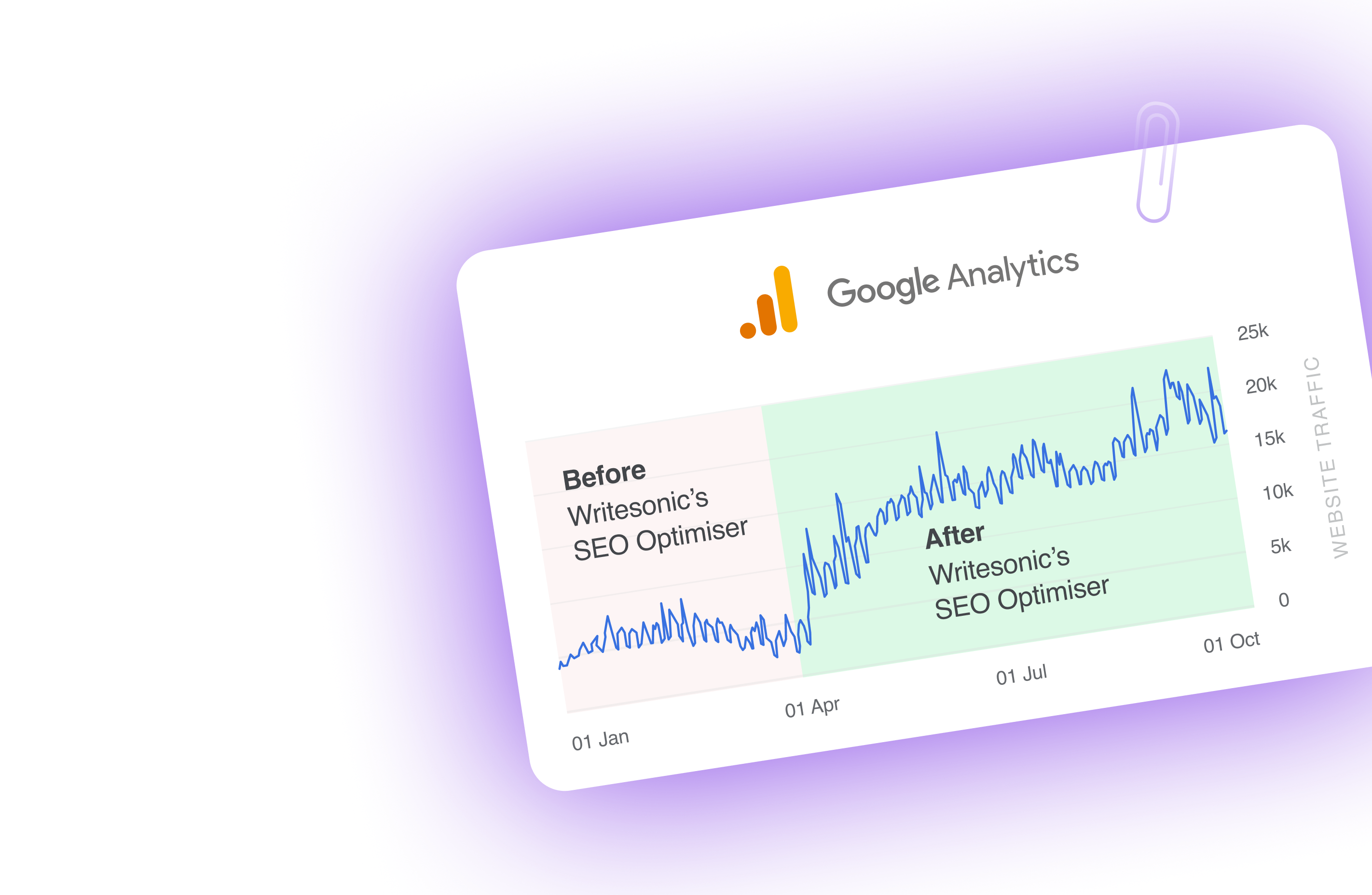Ever wondered if AI might steal your marketing job? You’re not alone, as 47% of digital marketers share that exact fear.
With the rise of AI in marketing, it is impossible to ignore as businesses are rapidly integrating this technology into their workflows. And for good reason—it makes marketing faster, more efficient, and, in some cases, more cost-effective.
But with this rapid adoption comes an important question: Will marketing be replaced by AI?
Some argue that AI is a tool to enhance human capabilities, while others worry that it will eliminate entire roles. The reality lies somewhere in between. AI undeniably changes the marketing landscape, but it’s not a one-size-fits-all replacement for human marketers.
To truly understand AI’s role in marketing, let’s look at what the research says.
AI in marketing: What research shows
Instead of speculating about whether AI will replace marketing, let’s rely on hard data.
Research studies and industry reports highlight both the rapid adoption of AI in marketing and its limitations.
1. AI adoption in marketing is growing fast
According to McKinsey’s 2024 State of AI report, 65% of companies have integrated gen AI into at least one business function, with marketing being one of the top investment areas.
This is a sharp increase from just a few years ago when AI adoption in marketing was still experimental.
But why are companies adopting AI so aggressively? The answer lies in the numbers:
- Efficiency gains: 64% of marketing leaders say AI helps them reduce time spent on repetitive tasks like data analysis and campaign optimization.
- Cost savings: AI-powered marketing automation tools can cut operational costs by up to 25% and boost efficiency by 30%.
2. AI is outperforming humans in certain areas—but not all
Let’s be clear: AI is already doing things faster and better than human marketers in specific tasks. In fact, 70.6% believe AI can outperform humans in key tasks. But that’s not the case for all AI-generated outputs.
For example, Search Engine Journal conducted a study where human-written ads achieved 45.41% more impressions and 60% more clicks than AI-generated ad copies, resulting in a significantly higher CTR of 1.33%.
AI also has clear weaknesses. Studies show that AI-generated content still lacks human emotional intelligence, strategic thinking, and brand voice consistency.
This goes to show how AI is not ready to replace your marketing jobs but can help automate workflows to save time.
How AI is helping marketing automation
AI has completely changed the way marketing automation works.
What once required hours of manual effort—segmenting audiences, scheduling campaigns, and analyzing performance—can now be done in seconds with AI marketing tools.
Let’s look more closely at the different use cases and scenarios where artificial intelligence is helping marketers:
1. Reduces time spent on repetitive tasks
Marketing teams spend a significant portion of their time on administrative tasks—sorting leads, sending follow-up emails, and mapping customer journeys. AI streamlines these processes, freeing marketers to focus on strategy and creativity.
In fact, 75% of marketers report that AI simplifies their workflow by automating repetitive tasks, such as scheduling posts, segmenting audiences, or running A/B tests.
For example, AI-powered email marketing platforms can personalize email sequences, adjust messaging based on user behavior, and send communications at the optimal time for engagement.
Even AI-powered social media tools can analyze engagement trends and post content at times when audiences are most active. This means AI turns marketing teams from execution-focused operators into strategy-driven thinkers.
2. Enables personalization at scale
Personalization has always been a priority in marketing, but before AI, it was limited by time and resources.
AI allows businesses to create one-to-one marketing experiences at scale, which was impossible with manual efforts alone. Machine learning models analyze individual customer behaviors, purchase histories, and browsing patterns to deliver uniquely tailored content.
For example, streaming platforms like Netflix and Spotify have been using AI-driven recommendations for years, but now, even smaller brands can leverage AI-powered personalization engines.
3. Enhanced data analysis and data-driven decision-making
Marketing decisions are only as good as the data behind them.
But with the help of AI agents and specialized tools, marketers can quickly process vast amounts of data and metrics, detecting patterns and insights that would otherwise take hours or days to uncover.
AI-powered analytics tools don’t just track performance metrics; they provide predictive insights, flagging potential issues before they arise. For example, AI can identify when a particular ad campaign is underperforming and suggest adjustments before the budget is wasted.
With AI, marketers can make data-driven decisions faster and more accurately, ensuring that every campaign is optimized for success.
4. Automated paid advertising
Ad optimization is one of AI’s strongest capabilities in marketing. Traditionally, digital ad campaigns required constant human monitoring—adjusting bids, tweaking creatives, and refining audience targeting based on performance.
AI automates this process, analyzing millions of data points in real time to maximize ad efficiency.
Platforms like Google Ads and Meta Ads now use AI to determine the best ad placements, bid amounts, and audience segments for higher conversions.
AI-generated copy and creative variations allow brands to test multiple ad formats simultaneously, identifying the highest-performing version without manual A/B testing. The result is lower ad spend, higher engagement rates, and better overall performance.
5. Automating content creation
We all know marketing involves a lot of time and effort spent on content creation. From creating SEO blogs to attractive ad copies, content is a huge part of marketing.
Which is why it’s no surprise that 55% of marketers use AI for content creation alone.
While AI-generated content still requires human oversight, it speeds up the creative process dramatically. AI also helps distribute content more effectively, determining the best formats, platforms, and posting times based on audience behavior.
With AI in content marketing, brands can produce almost as twice as much content with fewer resources.
💡Learn more about: How to Create Content 10x Faster with a Content Creation AI Agent
So, will marketing be replaced by AI?
With all of these insights on how AI is impacting marketing, let’s go back to the big question–will AI take over marketing jobs?
No, AI will not replace marketing entirely. While AI automates many marketing tasks, it cannot replace human marketers because marketing is more than just data analysis and automation.
AI excels at handling repetitive tasks, optimizing ads, and generating data-driven insights, but it lacks the creativity, emotional intelligence, and strategic thinking required for effective marketing.
Marketing involves understanding human behavior, crafting compelling narratives, building relationships, and strategic thinking—skills AI cannot fully replicate.
While AI can generate content and automate repetitive tasks, it doesn’t understand brand voice or cultural nuances like humans. AI tools can analyze customer data but cannot empathize with an audience or make intuitive decisions based on context.
This means that AI is not replacing marketing jobs but is reshaping them. Marketers who learn to work alongside AI by using it to streamline workflows, analyze data faster, and improve personalization—will remain essential to the industry.
Here is some statistical data showcasing how AI is here to enhance our existing workflows instead of replacing humans entirely:
- According to Salesforce, 71% of marketers expect generative AI tools to eliminate busy work and let them focus more on strategic work.
- As per the World Economic Forum’s Future of Jobs Report 2025, 47% of tasks are currently performed solely by humans, while 22% are handled by machines. By 2030, nearly a third of tasks will involve collaboration between humans and machines.
💡 Bottom line: AI is a tool, not a replacement. It enhances what marketers do but cannot fully take over. The most successful marketers will be those who adapt and leverage AI to become more efficient, strategic, and creative.
Why AI cannot replace marketers
1. AI lacks creativity and original thinking
AI can generate content, but it cannot create truly original ideas.
Currently, AI content creation tools pull information from existing data and patterns, meaning they can refine what already exists but cannot come up with innovative marketing campaigns that break the mold.
The most successful marketing strategies, like viral campaigns or unexpected brand collaborations, are driven by human creativity, something AI cannot replicate.
2. AI cannot understand emotions or human psychology
Great marketing isn’t just about data; it’s about understanding how people feel and what motivates them to take action. AI can analyze customer behavior, but it cannot genuinely understand emotions, cultural nuances, or human experiences.
This is why AI-generated content often feels robotic—it lacks the emotional depth that connects with audiences on a personal level.
3. AI cannot make strategic decisions
AI is excellent at providing data-driven insights, but it does not think strategically. It cannot set long-term marketing goals, anticipate market shifts, or adapt to unpredictable trends as a human can.
For example, AI cannot come up with funny social media content based on trending memes. Only a human can understand trending meme formats and turn them into relatable pieces of content.
AI can suggest optimizations for an ad campaign, but it takes a marketer to align those recommendations with a brand’s vision, mission, and long-term strategy.
4. AI relies on data, but data can be flawed
AI-driven marketing usually depends on historical data, which means it can inherit biases or miss emerging trends that have not yet been captured in its dataset.
An AI model trained on outdated or biased data can make incorrect recommendations or reinforce stereotypes. As a result, marketers are needed to interpret insights, challenge assumptions, and apply human judgment to ensure ethical and effective marketing decisions.
5. AI cannot build relationships or establish trust
Marketing is not just about selling products—it’s about building customer relationships and trust.
AI can automate emails and chat responses, but the real human connection for successful customer marketing comes from authentic interactions. People want to engage with brands that understand them, not just ones that respond with AI-generated messages.
Marketers play a crucial role in developing brand identity, customer relationships, and long-term loyalty.
💡 Bottom line: AI is a powerful tool that can help marketers work smarter, but it cannot replace the human touch that makes marketing effective. The best marketing strategies blend AI-driven efficiency with human creativity, emotional intelligence, and strategic thinking. Marketers who embrace AI as a collaborative tool rather than a competitor will be the ones who thrive in the industry.
Marketing jobs most impacted by AI
There’s no doubt that AI is transforming marketing roles by automating repetitive tasks and optimizing workflows. While AI won’t replace marketers entirely, some low-impact marketing jobs are more vulnerable to automation than others.
Marketing roles that rely heavily on manual data processing and repetitive execution are the most impacted. Here are a few specific marketing jobs where you can expect to see AI’s impact the most:
1. Entry-level content writing
AI content generation tools like Writesonic, Chatsonic, or ChatGPT can generate blog posts, product descriptions, and ad copy in seconds.
While AI-generated content often requires human editing, companies use these tools to reduce the need for junior writers. But this doesn’t mean content writing roles are going obsolete. This means content writing teams need to focus less on content creation and more on editing and planning.
Formulaic or information-based content (such as FAQs or basic product descriptions) is especially easy for AI to handle, but it still holds the risk of AI hallucination and cannot incorporate human insights for valuable content.
Existing writers will need to learn how to make the most of AI content writing tools for effective content automation and how they can edit and optimize AI-generated content.
2. SEO specialists focused on technical tasks
AI SEO agents are revolutionizing SEO by automating keyword research, link building, and content optimization.
Tools like Chatsonic use AI to analyze search trends and suggest actionable insights to improve your marketing strategies. This means SEO professionals who only focus on technical execution rather than strategy and creativity may find their roles shifting towards execution and implementation.
3. Social media managers handling scheduling and engagement
AI agents for social media can generate posts, suggest hashtags, schedule content, and even respond to comments based on your brand voice.
While social media strategy still requires human creativity, the day-to-day management of social media accounts is becoming increasingly automated.
This means that marketers focusing solely on scheduling posts without adding a strategic layer may be at risk. And no, this doesn’t mean social media teams are at risk of losing their jobs to AI.
This simply means that your responsibilities will shift to more creative planning, strategic partnerships, and relationship-building with audiences rather than social media content management.
💡 You might also like: 6 Ways to Increase Engagement on Your Social Media Posts
4. Market research analysts focused on data processing
Traditional market research involved manually analyzing customer trends, survey responses, and competitive data.
AI now does this at scale, processing thousands of data points in seconds. AI-driven analytics tools provide real-time insights, making traditional data-heavy research roles less essential unless they evolve into strategy-driven roles.
Bottom line: Marketing roles are not disappearing—they are evolving. The key to staying relevant is shifting from execution to strategy. Marketers who develop skills in creativity, brand storytelling, AI integration, and customer psychology will remain indispensable.
How to use AI to become a better marketer
AI is changing how marketing works, but it isn’t a replacement for marketers—it’s an advantage for those who know how to use it.
Instead of just automating tasks, AI can help marketers refine their skills, improve decision-making, and work more strategically. The key is learning how to integrate AI into your workflow to make you more effective, not replaceable.
Here’s how you can take steps to future-proof your marketing career by using AI as your personal assistant:
1. Strengthen data analysis and market research skills
Successful marketers rely on data to make informed decisions, but analyzing large datasets manually is time-consuming and prone to errors.
AI can process massive amounts of customer data in real time, identifying trends, patterns, and insights that might otherwise go unnoticed. Instead of making marketing decisions based on intuition, AI allows marketers to back up strategies with data-driven insights.
Before the emergence of artificial intelligence, marketers would have to spend hours analyzing metrics from tools like Ahrefs and Google Search Console.
Fast forward to today, you can rely on AI marketing agents like Chatsonic to present you with actionable insights and reasoning behind your numbers.
This skill is especially useful in tracking competitor movements, identifying emerging trends before they become mainstream, and tracking conversion rates or website traffic.
As a result, future marketing roles with data analysis and interpretation skills will become a must-have requirement.
2. Develop AI-assisted content creation skills
AI can generate ideas, suggest optimizations, and refine messaging, but it cannot replace human creativity.
Marketers who know how to use AI as a writing assistant rather than a content generator will be able to work faster without sacrificing originality.
For example, AI can help structure content, improve readability, and suggest alternative wording, but the final message should always be refined by a human.
Learning to edit AI-generated content effectively ensures that marketing materials maintain a brand’s unique voice and connect with the audience in a way that AI alone cannot achieve.
3. Improve decision-making with predictive analytics
AI can forecast which marketing strategies are likely to work based on past data, helping marketers make smarter choices.
Instead of relying solely on A/B testing or trial-and-error, predictive analytics allows marketers to anticipate customer preferences and optimize campaigns before launching them.
Understanding how to interpret AI-generated insights can improve campaign targeting, refine messaging, and prevent wasted budget on ineffective strategies. The ability to align marketing decisions with AI-driven predictions is an increasingly valuable skill in a competitive market.
4. Enhance personalization without losing the human touch
AI makes hyper-personalization easier, but effective marketing requires a balance between data-driven automation and human connection.
While AI can segment audiences and suggest personalized messages, it takes a marketer’s intuition to craft messages that feel natural rather than robotic.
Marketers who can use AI to scale personalization without sacrificing authenticity will create stronger customer relationships and improve engagement.
5. Shift from execution to strategy
As AI takes over repetitive tasks, marketing roles are shifting away from manual execution and toward higher-level strategy and creative problem-solving.
Instead of spending time on routine tasks like reporting, scheduling, and keyword optimization, marketers can focus on campaign strategy, brand positioning, and creative storytelling.
The most successful marketers will be those who learn how to delegate tasks to AI while focusing on strategic thinking, problem-solving, and innovation.
6. Stay ahead of AI trends and innovations
AI is evolving rapidly, and marketers who don’t keep up will fall behind.
Understanding how AI changes search algorithms, content distribution, and customer interactions is essential for long-term success.
The ability to adapt to AI tools and strategies will be a key differentiator between marketers who thrive in an AI-driven world and those who struggle to keep up.
Instead of resisting change, marketers should develop a mindset of continuous learning and experimentation to upskill and keep up with new technologies.
In fact, the World Economic Forum’s Future of Jobs Report 2025 highlights that by 2030, 59% of workers will require additional upskilling.
💡Pro tip: A great way to stay ahead of the latest AI trends and innovations is to attend conferences and webinars or follow your favorite marketing influencers. You’ll be surprised by the insights you gain from an industry webinar or signing up for an influencer’s newsletter.
Bottom line: Marketers who use AI effectively will outperform those who don’t
AI isn’t a threat to marketing—it’s a tool that makes marketers more effective.
Marketers who learn how to integrate AI into their workflow will have a significant advantage over those who don’t. As a result, the future of marketing belongs to those who can combine AI-driven insights with human creativity, critical thinking, and strategic decision-making.
The best marketers won’t be the ones who compete with AI—they’ll be the ones who know how to use it better than anyone else.
Future-proof your marketing career with Chatsonic: Your personal AI agent assistant!
The future of marketing isn’t about choosing between AI and human expertise—it’s about leveraging AI to work smarter, faster, and more effectively.
And that’s exactly how Chatsonic’s AI Marketing Agent helps, acting as your 24/7 marketing team to handle SEO, content, and growth on autopilot.
Unlike generic AI writing tools that just generate text, Chatsonic does the actual work for you—from keyword research and content creation to real-time optimization and publishing.
It can pull insights from Google Search Console and Ahrefs to ensure factual accuracy, real-time data, and no hallucinations. That means you get SEO-optimized content, data, and tailor-made marketing reports in minutes, not days.
Why marketers are switching to Chatsonic:
✅ All-in-one platform: No more juggling multiple SEO tools, content writers, and marketing platforms.
✅ Lower costs, higher ROI: Achieve agency-level marketing at a fraction of the price.
✅ Your brand, your voice: Train AI to write like you, ensuring brand consistency.
Marketing is evolving, and those who adapt will lead. With Chatsonic as your AI personal assistant, you can automate workflows, optimize for AI search, and scale your business—all using a single platform.
🚀 Ready to dominate SEO with AI?

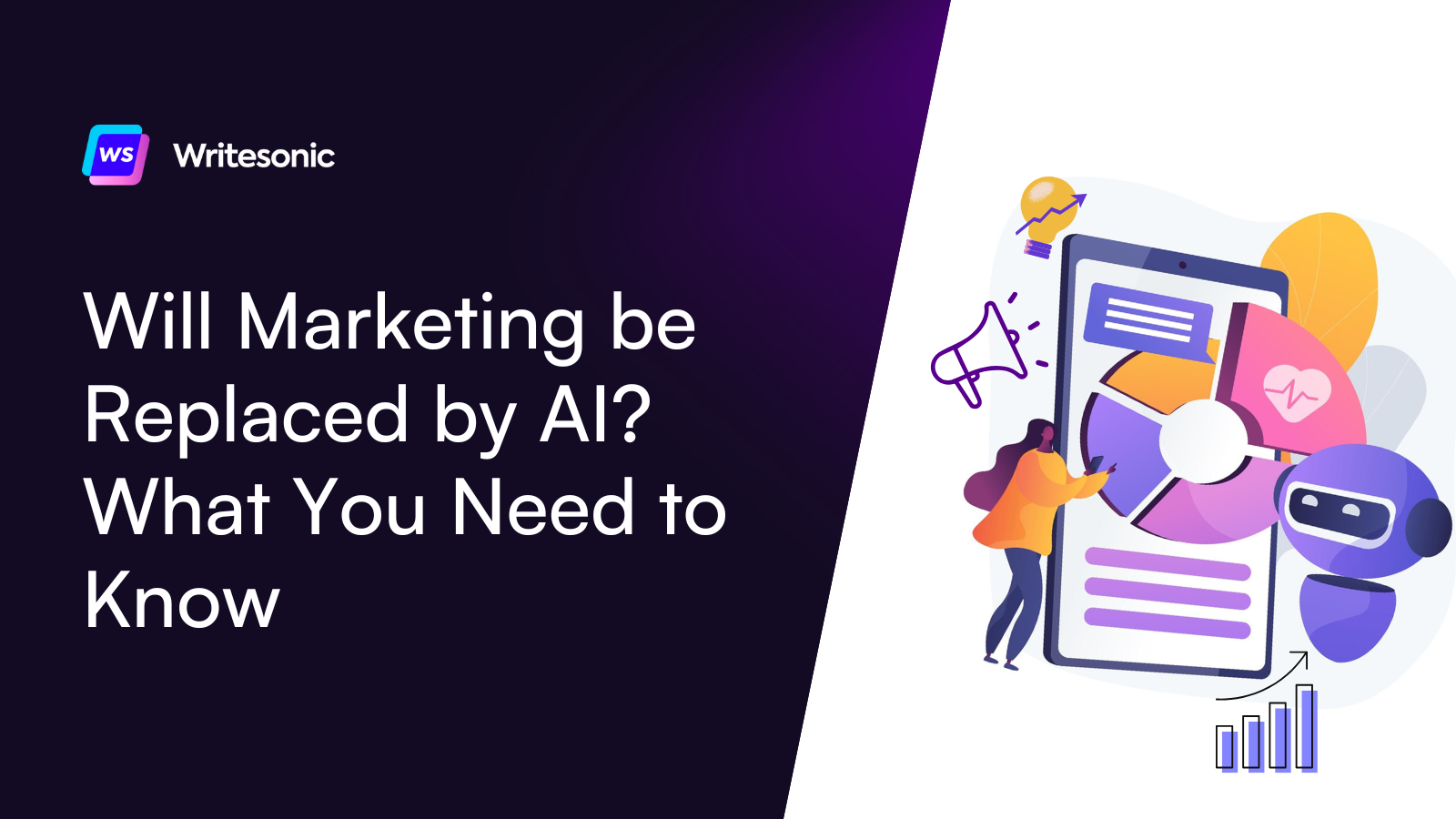

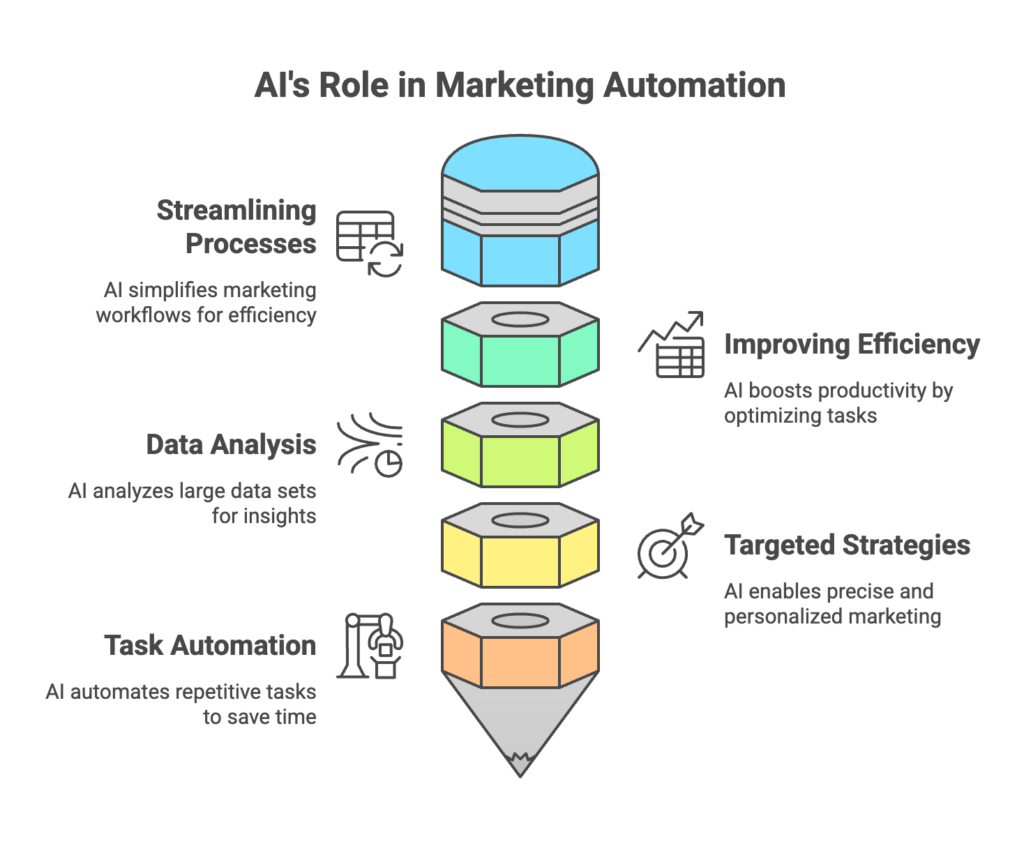
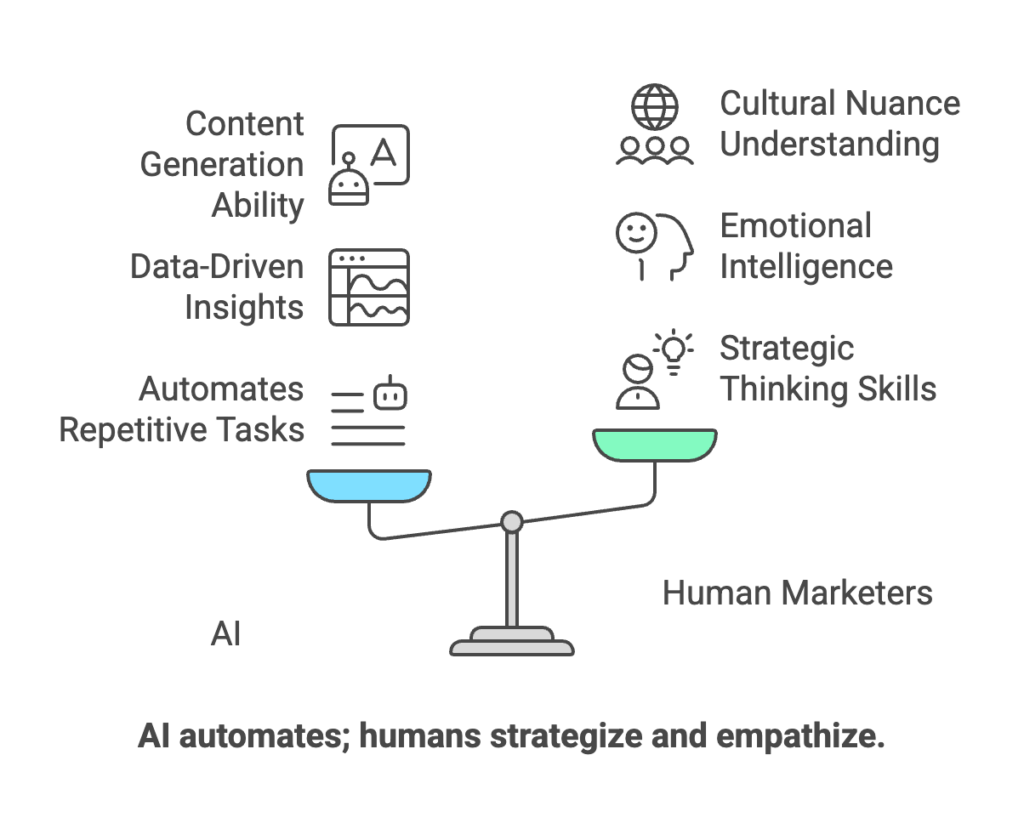
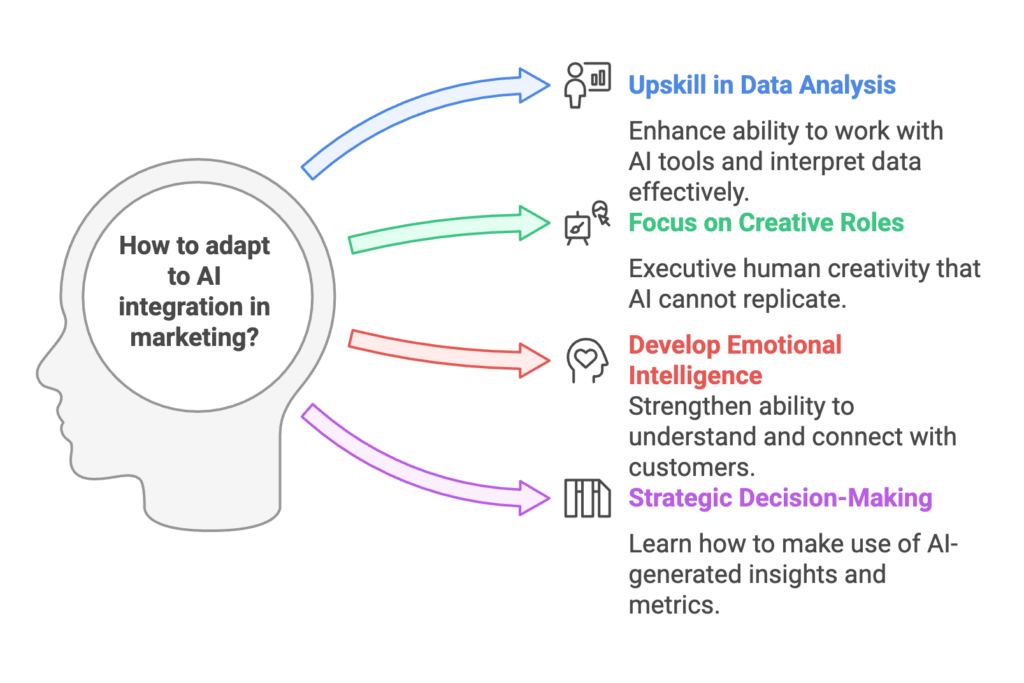
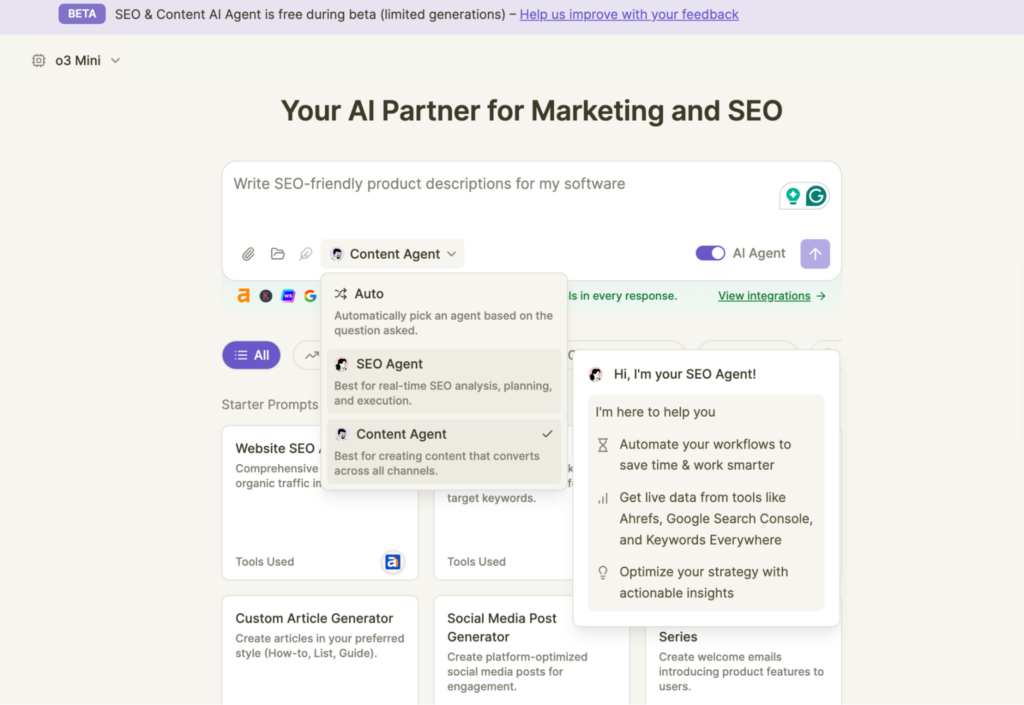

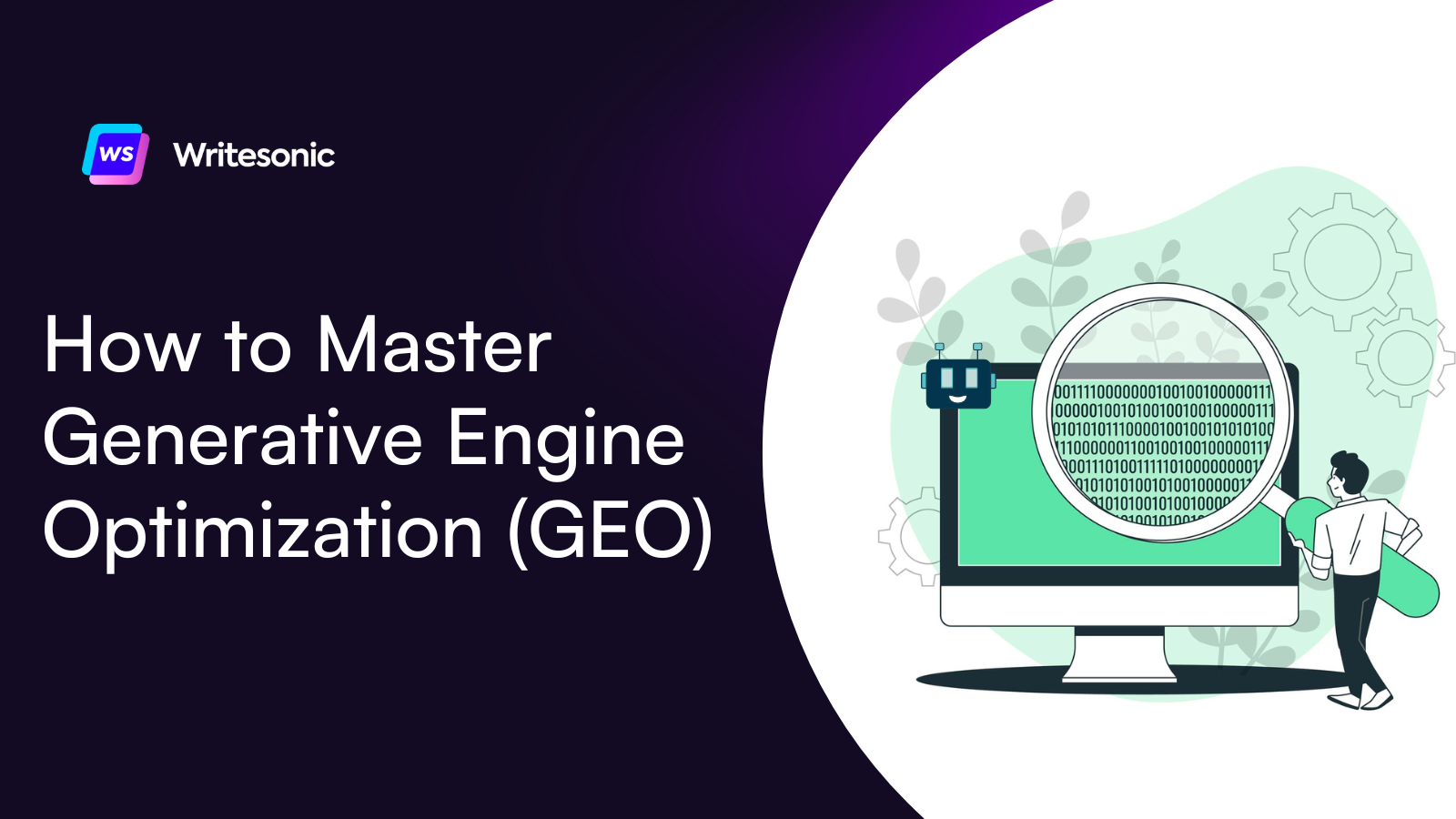
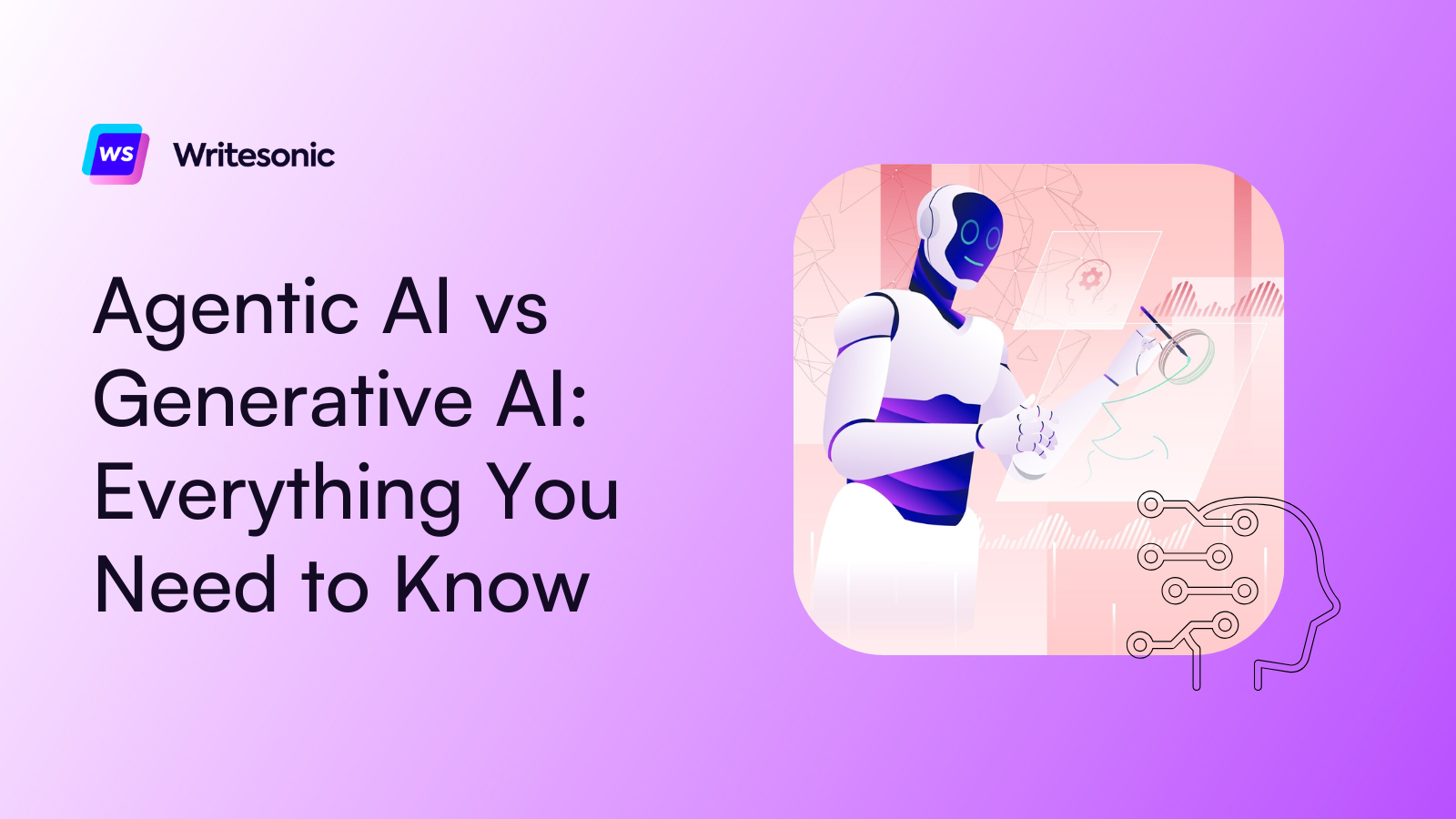
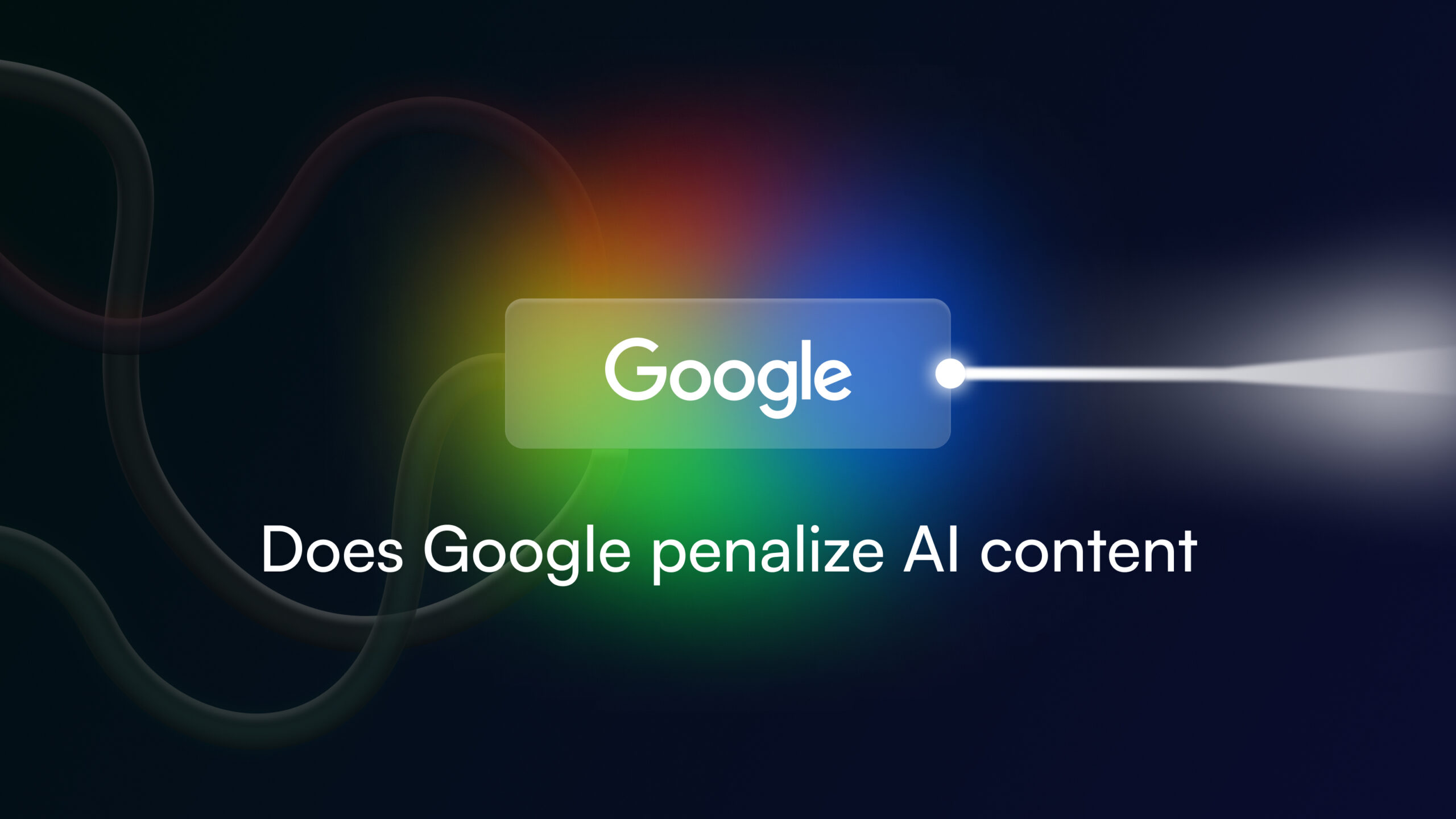
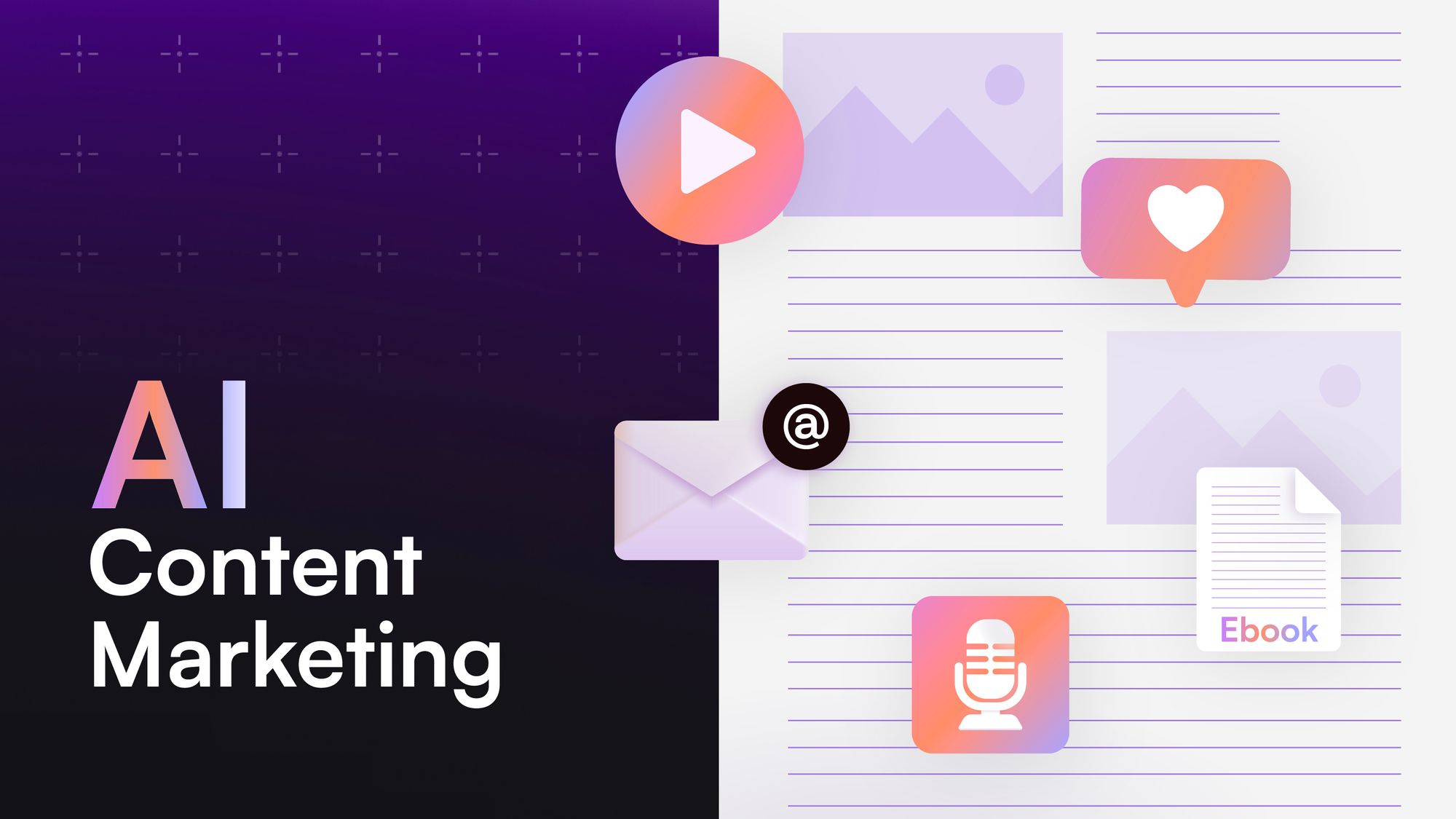

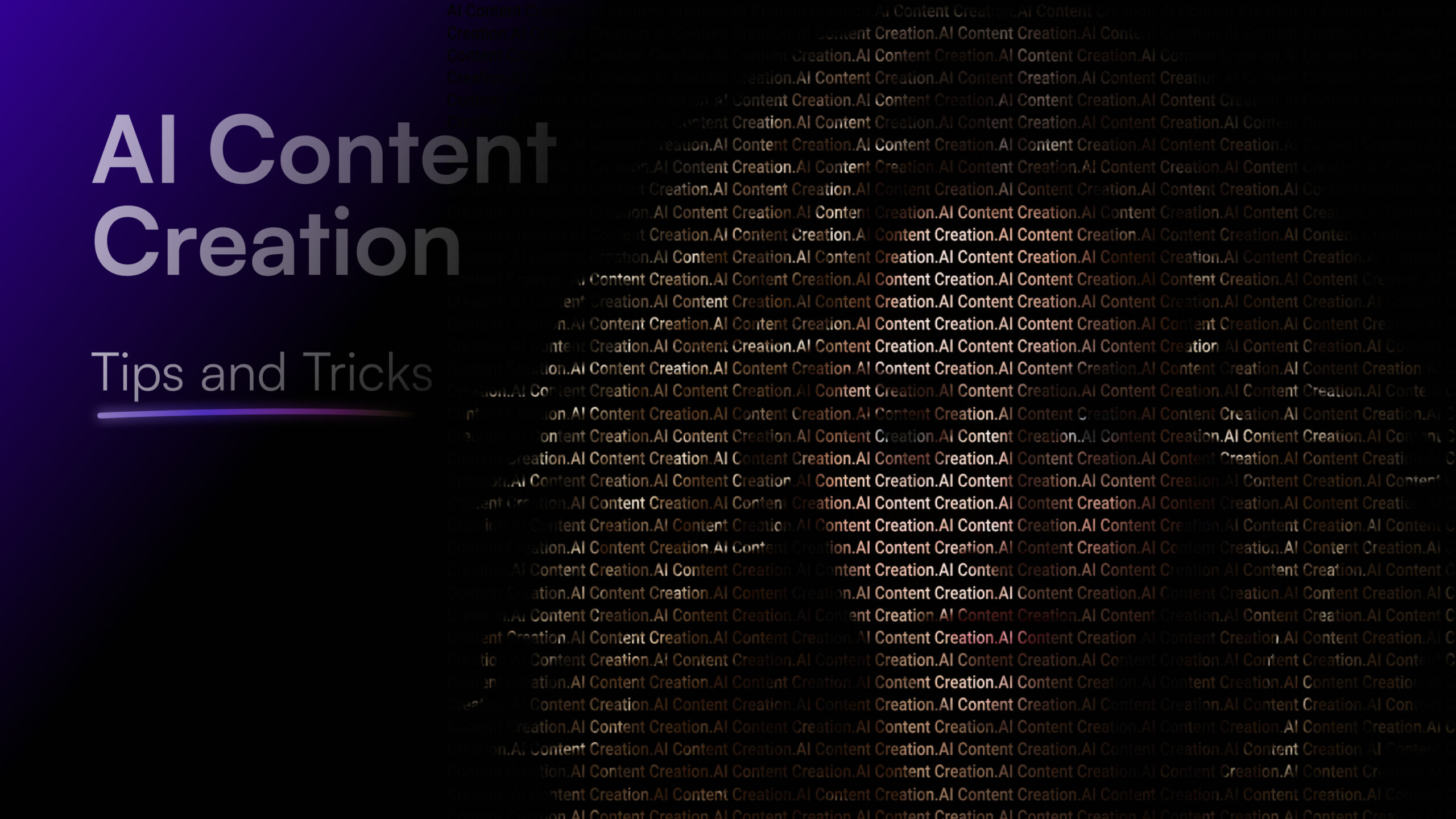

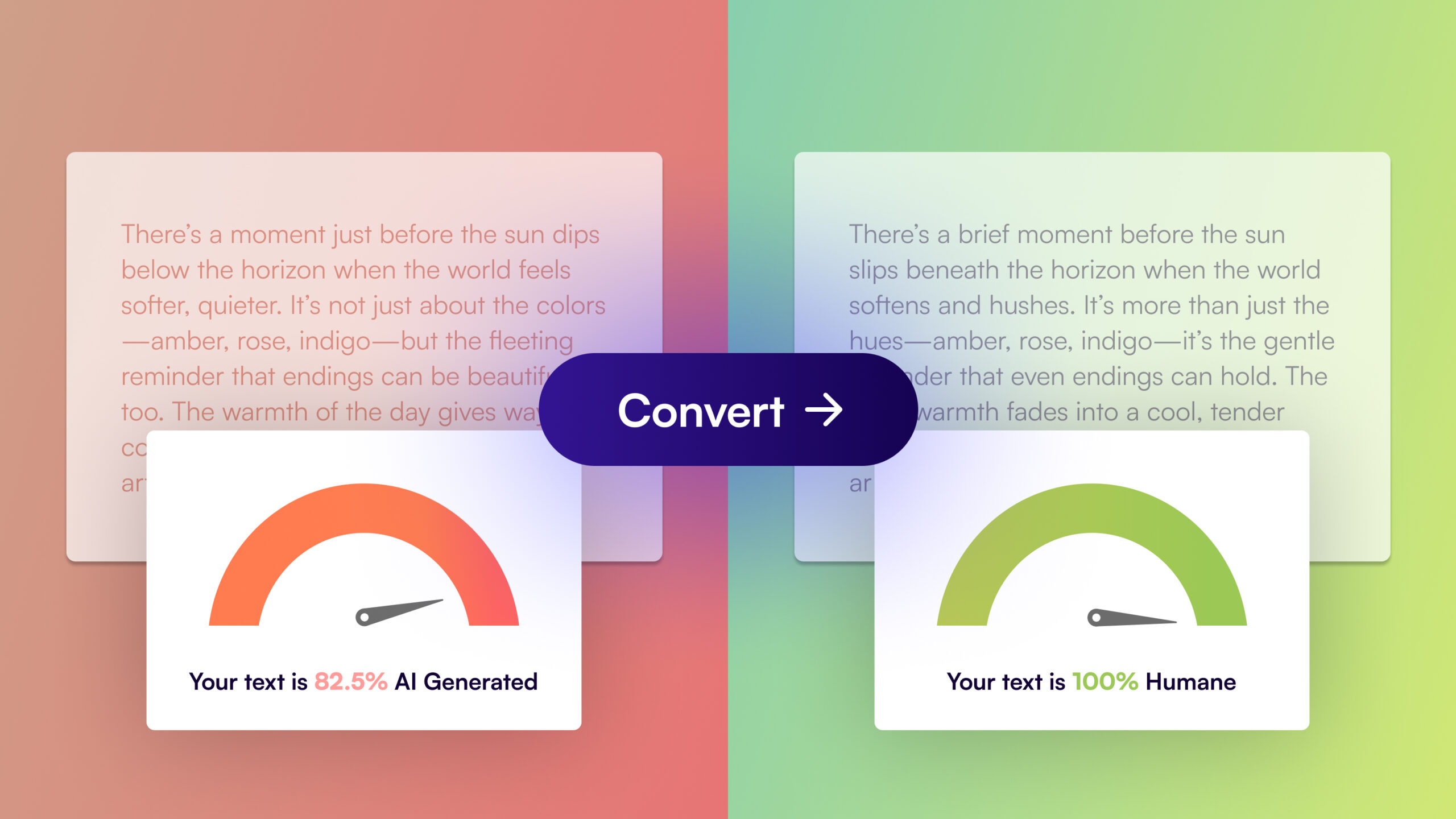
![21 Practical Ways to Use AI [Examples + Tools]](/wp-content/uploads/How-to-use-AI-scaled.jpg)

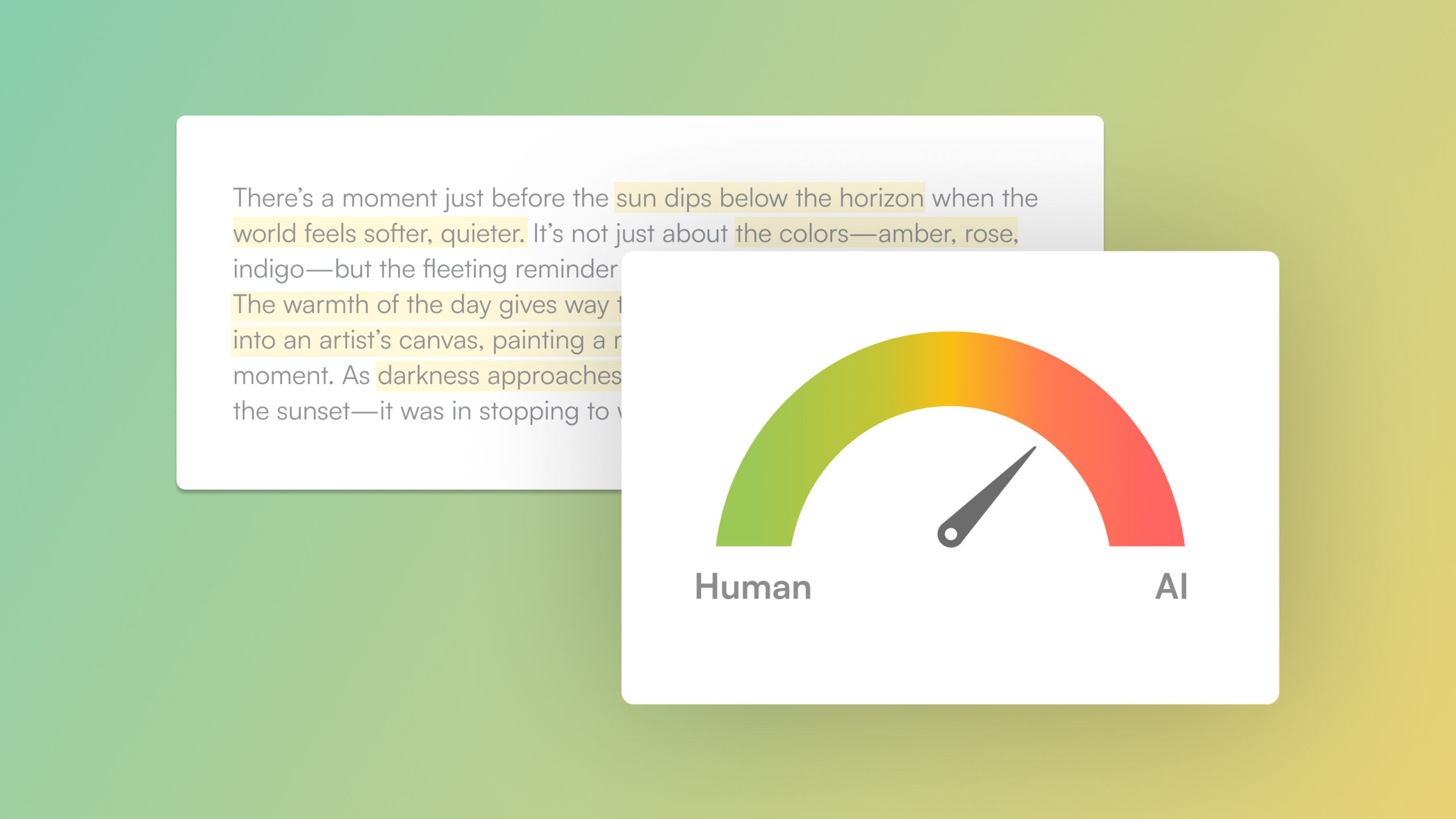
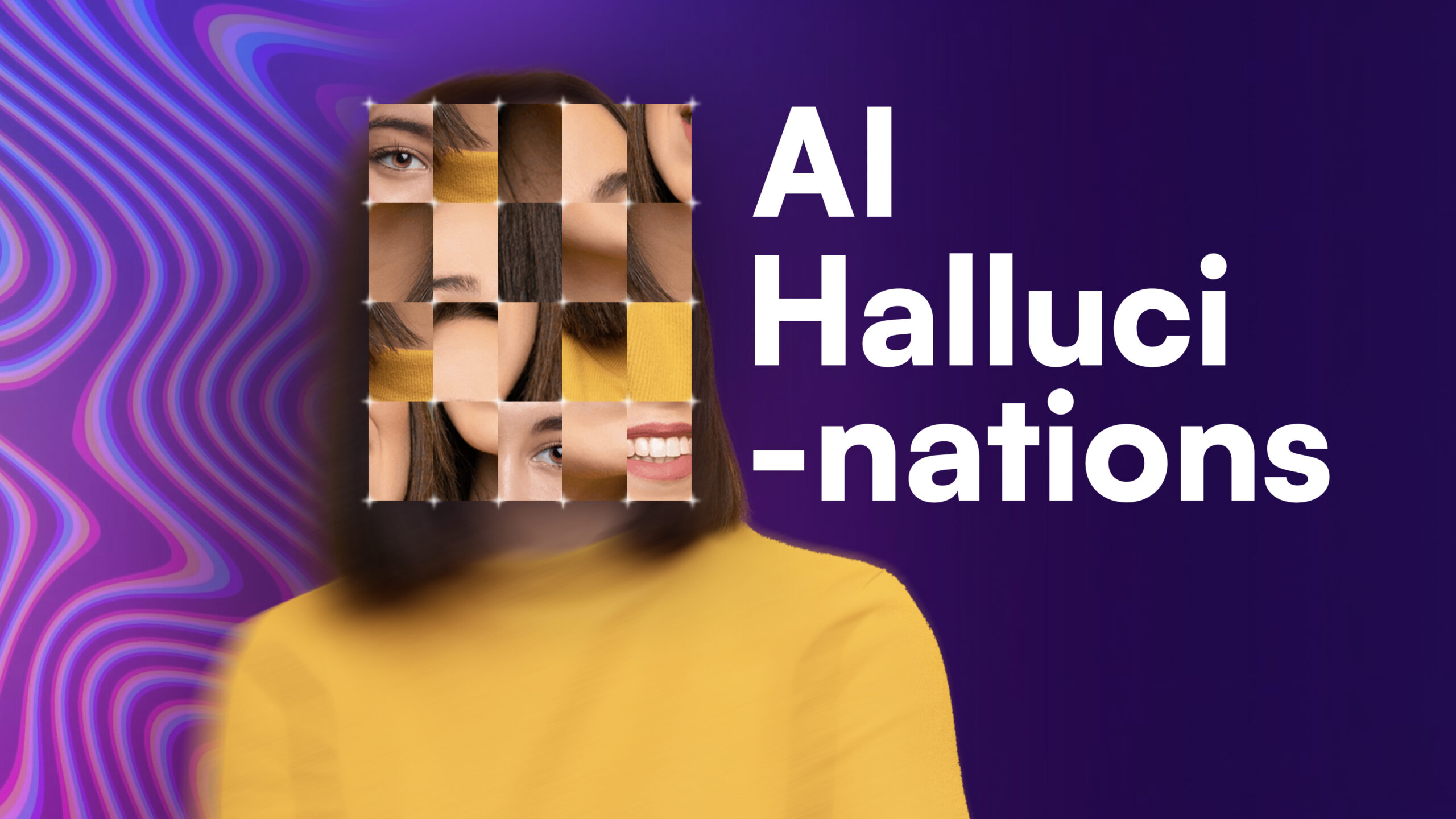
![140 Best AI Tools: Rated & Reviewed [2025]](/wp-content/uploads/Best-AI-Marketing-Tools-1-1.jpg)

